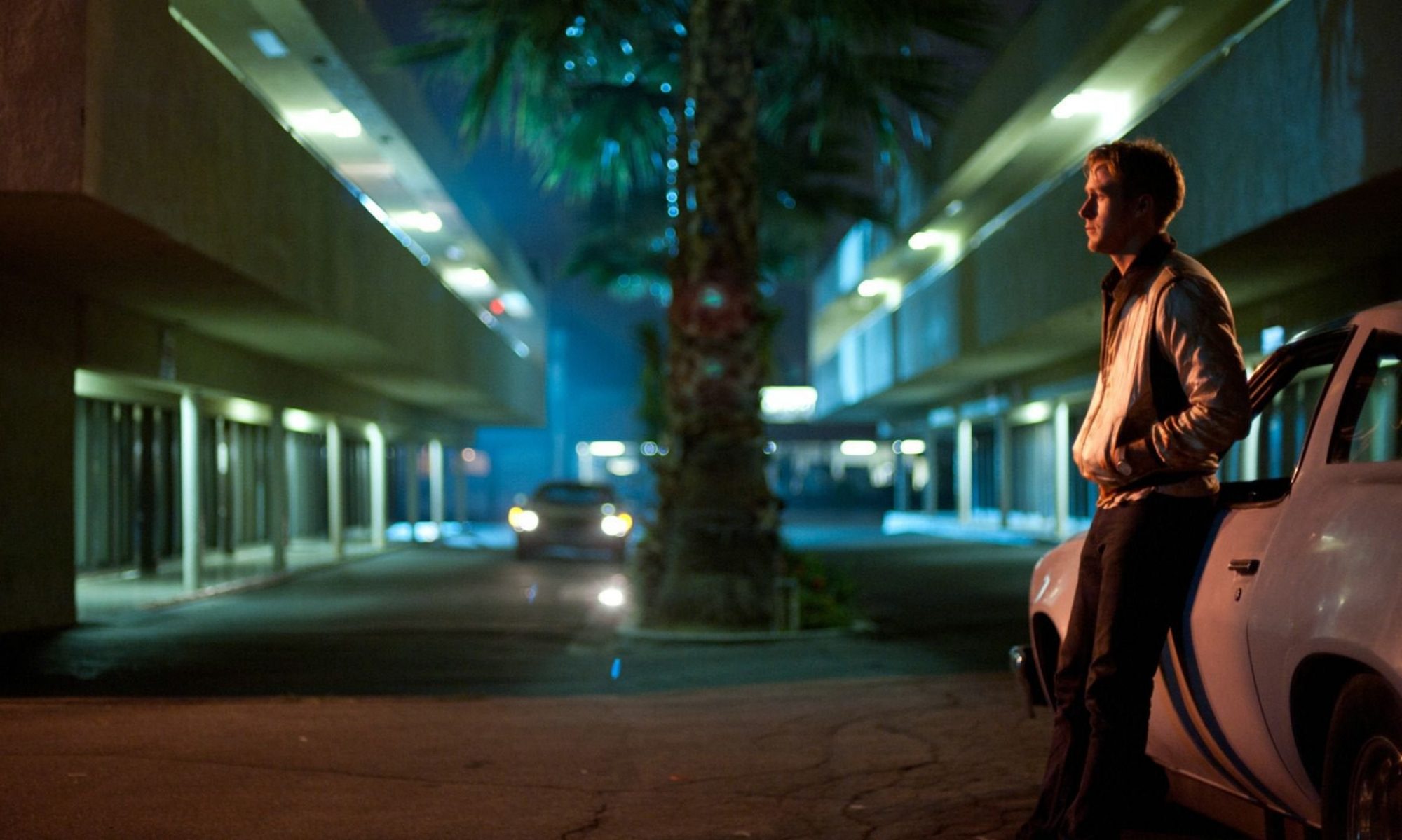Not exactly sure what the motivation was behind putting on this season (I guess the 4K restoration of Trainspotting has recently been released?), but Cineworld have chosen some good ones from Boyle’s filmography. Let’s give ‘em a mini review.
Sunshine
Ok, I’ll level with ya here. I’d booked my seat, purchased my obligatory sweet stuff outside the cinema (who buys the over expensive tomfoolery that the cinema sells? Not worth it, my dude), and… then I got an extra work shift that clashed with this one.
So I didn’t technically watch this at Cineworld, although I have watched it years ago at home. From memory, it had an awesome soundtrack with a similarly great performance from Cillian Murphy, not to mention great secondary roles from up-and coming stars like Chris Evens, Michelle Yo, Benedict Wong and Hiroyuki Sanada. It’s got some outstanding visuals and a (mostly) compelling plot too.
I say ‘mostly’ because Sunshine falls into the common Danny Boyle pit hole of the weak third act, which changes the film from a brooding science fiction treatise into an off the wall slasher movie once Mark Strong’s character gets involved. There are still plenty of things to enjoy here, it’s just a shame that the screenplay took such a wild turn in the last parts.
Shallow Grave
Boyle’s debut, and one I hadn’t seen before. I’m not sure why Cineworld showed the films in the order that they did, but I guess they had to put Trainspotting on last to emphasise the 4K restoration release (I got a free poster, yay!). It’s also interesting to consider films in Boyle’s oeuvre which they chose not to show (no inclusion of Boyle’s Best Picture smash hit Slumdog Millionaire, for example). But still, there’s some interesting stuff here.
Shallow Grave basically functions as a prototype for Trainspotting. You’ve got a ragtag group of mates who perform various unsanitary activities until something goes wrong, with the something in this example involving a dead body. It’s great to see actors like Ewan McGregor and Christopher Eccleston having fun in their early careers (I think this was Eccleston’s big break?), even though the screenplay isn’t as tight as Trainspotting, Boyle’s magnum opus.
It’s pretty difficult to feel sympathy for the main trio, and that’s due in part to a lack of backstory. It’s not like we need a tonne of context, but it’s difficult to work out why they got together, making the ensuing chaos with the body more difficult in terms of rationalising their actions. It’s particularly hard to decipher the motivations of Kerry’s Fox’s Juliet, who flips back and forth between loyalties with little to no reasonable justification. Nonetheless, it’s an intriguing debut that’s full of promise.
28 Days Later (Rewatch)
Another amazing performance from Cillian (and one that boosted him into the stratosphere of bigger Hollywood productions), but unfortunately one that suffers from the Danny Boyle Third Act Problem. Yep, I’ll put all of that in capitals to make it seem like a recognised trope. Because I’m sure nobody’s ever thought of it before. Ah, sarcasm.
But 28 Days Later nonetheless has some incredibly powerful scenes and spectacles, with the particularly genius opening images of a destitute London. And once again, the soundtrack is outstanding. Heck, they even use Brian Eno’s ‘Ascent’, a major league tune that I listened to on loop throughout precisely 100% of my A level revision. You’ve gotta give credit for that. And John Murphy (who also composed Boyle’s Sunshine) has also got some fine tunes on display, particularly ‘In the House – In a Heartbeat’, which blasts into full force during Cillian’s feral murder scene near the end (the song was also used in Kick Ass during Big Daddy’s badass takedown of Frank’s goons).
There’s also a great performance from Brendan Gleeson on display, as well as Naomi Harris, who I’m generally not a big fan of, but she’s solid here. Like Sunshine, 28 Days Later has so much great things going for it, it’s just a shame that things get lost in the plotting later on.
Trainspotting (Rewatch)
Now, onto the big guy. The man, the myth, the legend. Boyle’s classic is getting close to its thirtieth anniversary, and it hasn’t lost any of its bite or brutality. There’s plenty of black comedy to enjoy, but also plenty of disturbing imagery too (there’s no way Boyle didn’t take a bit of influence from The Exorcist with ‘that’ baby scene). It works so well because of the commitment from every single actor, whether it’s Johnny Lee Miller’s Sickboy waxing lyrical about the virtues of Bond during dire situations or Robert Carlyle’s Begbie being…well, just Begbie.
I’ve watched Trainspotting numerous times, but it’s easy to forget how much of an irredeemable excuse for a human being Begbie is. The character Carlyle’s playing is a stereotype that eerily not too far from the truth, with each crazed expression and action foreboding violence and chaos. Ewan Bremner also puts in a sweet performance as the misguided Spud, whether he’s providing an unconventional job interview on speed or trying unsuccessfully to hide a desecrated matress.
The film works so brilliantly as a whole through its genius pacing. A story about drug addiction could easily get lost in the minutiae and morality of drugs, but Boyle manages a subtle balance of energy and pathos with ease. Renton’s opening and ending monologues made their way onto many a film poster at time of release, and remain iconic enough to make it onto the poster I picked up at the screening:
‘Choose the big screen’
‘Choose a brand new 4K restoration’
Choose life.
